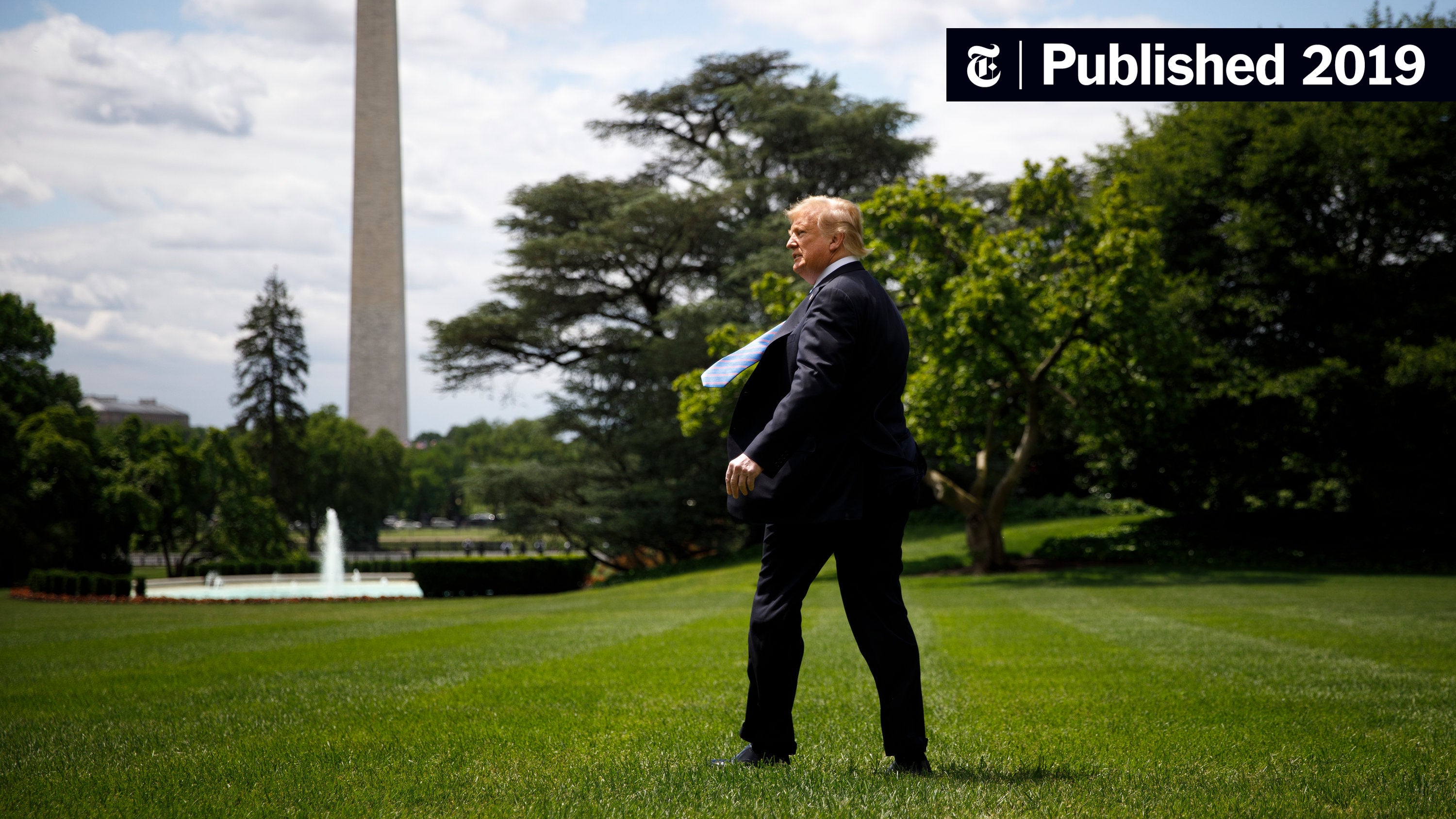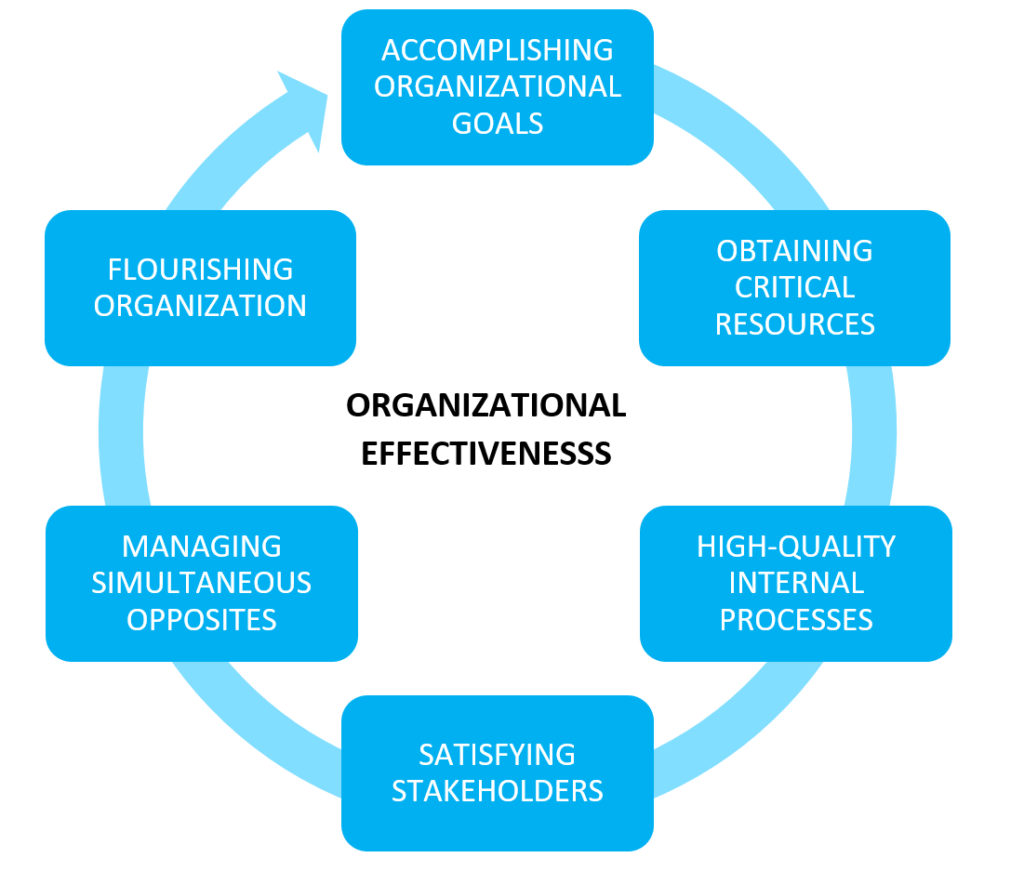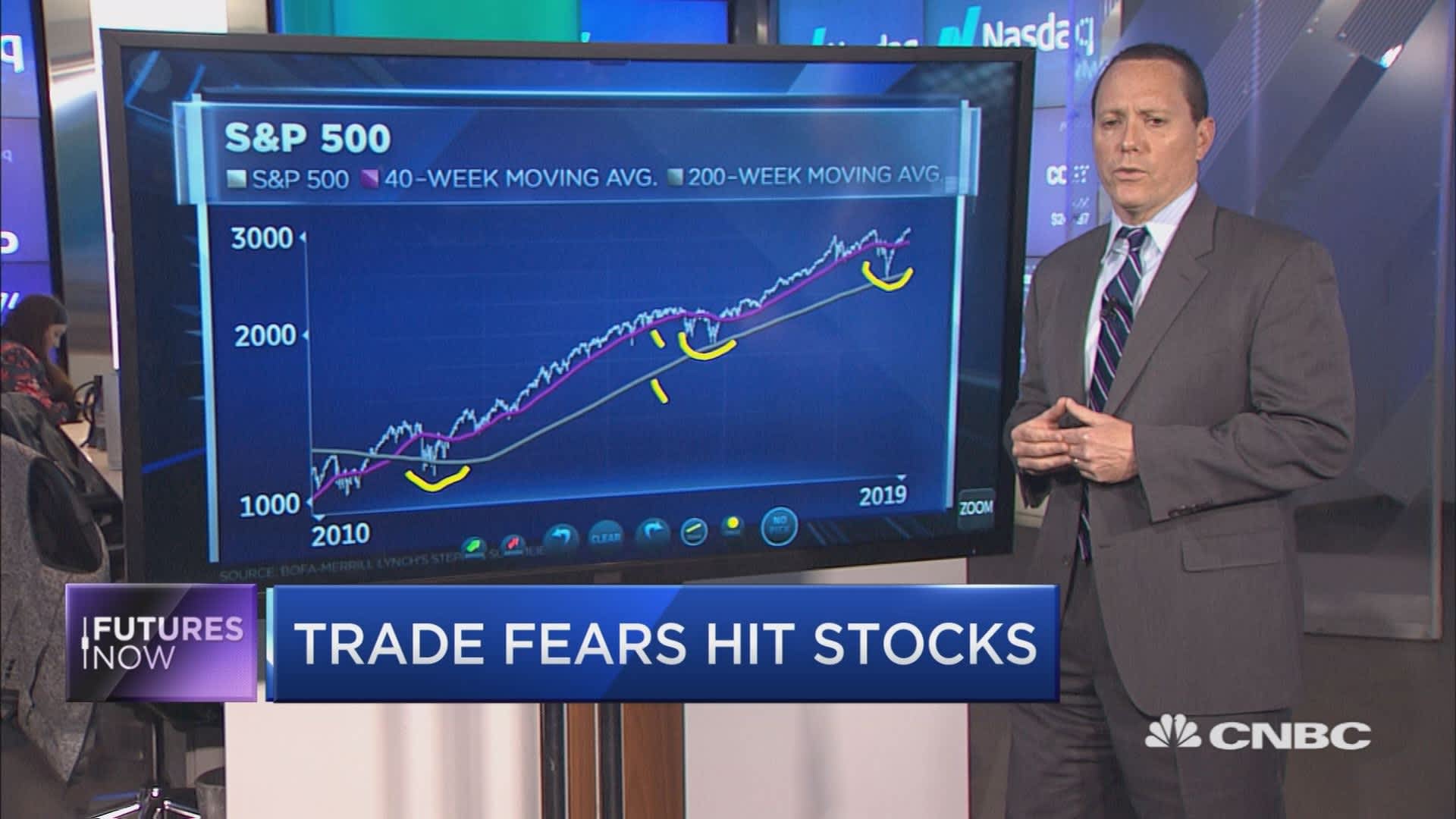Ukraine's NATO Bid: Trump's Skepticism

Table of Contents
Trump's Stance on Ukraine's NATO Membership
Trump's opposition to Ukraine joining NATO stemmed from several key concerns, significantly impacting the trajectory of Ukraine's NATO bid.
Burden-Sharing Concerns
Trump frequently criticized NATO allies for not meeting their financial commitments, a theme that resonated throughout his presidency. He argued that admitting Ukraine, a nation potentially requiring substantial military and financial aid, would exacerbate this existing burden-sharing problem within the alliance.
- Trump's Public Statements: Trump repeatedly voiced his concerns about NATO allies "not paying their fair share," often singling out Germany and other major European powers. These statements fueled speculation about his willingness to support new members who might increase the financial strain on the alliance.
- Ukraine's Financial Capacity: Ukraine's economic situation presented a challenge. While striving for reform, its ability to immediately contribute significantly to NATO's defense budget was questionable, potentially placing further pressure on existing members.
- Impact on Other Members' Contributions: Trump's rhetoric risked further discouraging already hesitant allies from increasing their contributions, potentially undermining NATO's collective defense capabilities. The perception that adding Ukraine would disproportionately benefit from the alliance without significant financial return could have further fueled this reluctance.
Corruption Concerns in Ukraine
Trump repeatedly raised concerns about endemic corruption within the Ukrainian government, suggesting that NATO membership would be premature until substantial anti-corruption reforms were implemented. This stance aligned with his broader emphasis on combating corruption globally.
- Corruption Scandals: Ukraine has a history of high-level corruption, with numerous scandals involving government officials and businesses. These instances fueled Trump's skepticism, suggesting a lack of transparency and accountability.
- Anti-Corruption Efforts: While Ukraine has made efforts to combat corruption, progress has been slow and uneven. The effectiveness of these reforms was a point of contention for Trump, who questioned their sustainability and impact.
- Impact on NATO's Credibility: Trump argued that admitting a corrupt nation would damage NATO's reputation and undermine its credibility as a champion of good governance and democratic principles. This concern extended beyond Ukraine's immediate situation, raising broader questions about NATO's membership criteria.
Focus on Bilateral Relations over NATO
Trump prioritized bilateral agreements over multilateral organizations like NATO. This approach, often characterized as transactional, seemingly de-emphasized the collective security benefits afforded by NATO membership for Ukraine.
- Examples of Bilateral Deals: Trump's focus on bilateral deals with individual countries, rather than engaging through NATO's framework, exemplified his preference for direct negotiations. This approach potentially sidelined the collective defense mechanisms that NATO offers.
- Bilateral vs. Multilateral Security: The comparison between bilateral and multilateral security approaches highlights the differing levels of commitment and collective responsibility. Bilateral agreements might offer immediate benefits, but they lack the broader support and defense mechanisms of a multilateral alliance.
- Drawbacks of a Bilateral-Only Approach: A solely bilateral approach for Ukraine, without the umbrella of NATO security, left the nation potentially more vulnerable to Russian aggression and less secure in the long term.
Geopolitical Implications of Trump's Skepticism
Trump's skepticism regarding Ukraine's NATO bid had profound geopolitical implications, extending beyond bilateral relations.
Impact on Ukraine's Security
Trump's expressed doubts about US commitment to Ukraine's defense arguably emboldened Russia and undermined Ukraine's security. This shift in perceived US support created a power vacuum and heightened the risk of escalation.
- Russia's Response: Russia likely viewed Trump's skepticism as a sign of weakening US support for Ukraine, potentially encouraging more aggressive actions in eastern Ukraine and the annexed Crimea.
- Impact on the Conflict in Eastern Ukraine: The uncertainty surrounding US support might have influenced the intensity and trajectory of the conflict in eastern Ukraine, impacting ceasefire negotiations and peace efforts.
- Effect on Ukraine's Deterrence Capabilities: Ukraine's ability to deter Russian aggression is inextricably linked to its perceived level of support from the West. Trump's stance arguably weakened this deterrence.
Effect on NATO's Unity and Credibility
Trump's questioning of NATO's purpose and value, combined with his reservations about Ukraine's membership, eroded confidence in the alliance's ability to provide collective security. This internal division raised doubts about the alliance's efficacy and long-term viability.
- Trump's Criticisms of NATO: Trump frequently criticized NATO members for not meeting their financial obligations and questioned the alliance's relevance in the 21st century, highlighting internal divisions.
- Impact on Transatlantic Relations: Trump's approach strained transatlantic relations, creating uncertainty among European allies and raising concerns about the future of the US commitment to European security.
- Challenges to NATO's Unity: The internal disagreements sparked by Trump's stance highlighted the challenges to maintaining unity within the alliance and the potential for future fracturing based on differing national interests and security priorities.
Long-Term Consequences and the Future of Ukraine's NATO Bid
The long-term consequences of Trump's skepticism are still unfolding, shaping the present landscape and impacting future decisions concerning Ukraine's NATO aspirations.
Biden Administration's Approach
The Biden administration has adopted a markedly different approach to Ukraine, signaling stronger support for its sovereignty and territorial integrity. This shift reflects a renewed commitment to transatlantic alliances and a focus on deterring Russian aggression. The contrast with Trump's stance underscores the significant variation in US policy toward Ukraine and its NATO ambitions.
Ukraine's Ongoing Reforms
Ukraine's ongoing efforts to address corruption and meet NATO membership criteria are crucial to its future prospects. While progress has been made, significant challenges remain, and continued commitment to reform is paramount. The extent of these reforms will directly influence the likelihood of future NATO membership.
The Role of Russia
Russia's ongoing influence and potential reactions to a possible Ukrainian NATO accession remain significant factors. Moscow's opposition to Ukraine joining NATO is unwavering, and any move towards accession will likely trigger a strong reaction from Russia, potentially escalating tensions in the region.
Conclusion
This article examined the complexities surrounding Ukraine's NATO bid, focusing on the skepticism expressed by former President Trump. His reservations, rooted in concerns about burden-sharing, corruption in Ukraine, and a preference for bilateral relations, had significant geopolitical implications. Trump's stance raised questions about the US commitment to Ukraine's security and challenged the unity and credibility of NATO. While the Biden administration has adopted a different approach, the long-term consequences of Trump's skepticism remain relevant. Ukraine's continued progress on reforms, and the evolving geopolitical landscape, will ultimately determine the future of its NATO aspirations. A deeper understanding of Ukraine's NATO bid, including the nuances of Trump's skepticism, is crucial for comprehending the ongoing geopolitical dynamics in Eastern Europe. Continued analysis of Ukraine's NATO bid and the perspectives of various stakeholders is essential for a thorough understanding of this complex and evolving issue.

Featured Posts
-
 Geopolitical Showdown A Key Military Base And The Us China Power Struggle
Apr 26, 2025
Geopolitical Showdown A Key Military Base And The Us China Power Struggle
Apr 26, 2025 -
 Middle Managers The Bridge Between Leadership And Employees A Critical Role In Organizational Success
Apr 26, 2025
Middle Managers The Bridge Between Leadership And Employees A Critical Role In Organizational Success
Apr 26, 2025 -
 Chinas Automotive Market Lessons Learned From Bmw And Porsches Experiences
Apr 26, 2025
Chinas Automotive Market Lessons Learned From Bmw And Porsches Experiences
Apr 26, 2025 -
 The Undervalued Asset How Middle Managers Drive Company Performance And Employee Satisfaction
Apr 26, 2025
The Undervalued Asset How Middle Managers Drive Company Performance And Employee Satisfaction
Apr 26, 2025 -
 Bof A Alleviates Investor Concerns About High Stock Market Valuations
Apr 26, 2025
Bof A Alleviates Investor Concerns About High Stock Market Valuations
Apr 26, 2025
